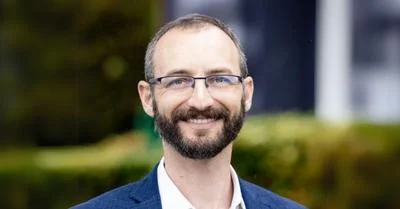Chancellor Gary S. May | Official website
Chancellor Gary S. May | Official website
A flowering plant may not discern the number of fingers one holds up, but it can differentiate between light and darkness. This ability to respond to environmental changes is facilitated by photoreceptors, a key area of study for John Clark Lagarias, a distinguished professor emeritus of molecular and cellular biology.
UC Davis boasts over 50 faculty members in the National Academies of Sciences, Engineering, and Medicine, recognized for their significant research contributions. Each month, Dateline UC Davis highlights one such faculty member to honor their scientific achievements.
Photoreceptors play crucial roles such as measuring day length, enabling plants to detect seasonal changes. “Plants use that cue to decide whether they’re going to flower or leaf out as the days get longer … or flower as fall approaches and they’re trying to beat the winter and set seed,” Lagarias explained.
Elected to the National Academy of Sciences in 2001, Lagarias credits his success partly to working alongside world-class experts. His research has broad implications for agriculture and earned him recognition from the American Society of Plant Biologists in 2017.
Understanding how plants react when shaded by neighbors is vital in agriculture. Photoreceptors help plants determine if they are in shade or full sun by sensing light color. Some plants grow faster under shade—a change that might redirect energy away from seed production.
Lagarias described this competition for sunlight as an “arms race” among plants. “If you want to get more yield per acre, you want to regulate or eliminate this response,” he stated. Understanding this mechanism is essential for enhancing crop yield.
Reflecting on his career path, Lagarias recounted his fascination with nature while growing up in Pittsburgh. After earning a Ph.D. in chemistry at UC Berkeley in 1980, he joined UC Davis due to its prominence in plant biology and agriculture.
“I couldn’t have asked for a better institution to work and spend my career,” he said. Despite transitioning to emeritus status, Lagarias continues researching while pursuing interests like pottery and co-founding a startup using natural pigments from plants for various products.
“Most (artificial) food colorants are now being banned because they’re carcinogenic — they’re not something people want to eat,” Lagarias noted about his startup experience with natural pigments before its closure. He remains committed to working as long as it brings enjoyment: calling his career “absolutely wonderful.”
Follow Dateline UC Davis on X (formerly Twitter).






 Alerts Sign-up
Alerts Sign-up